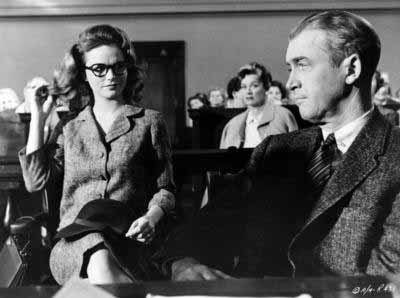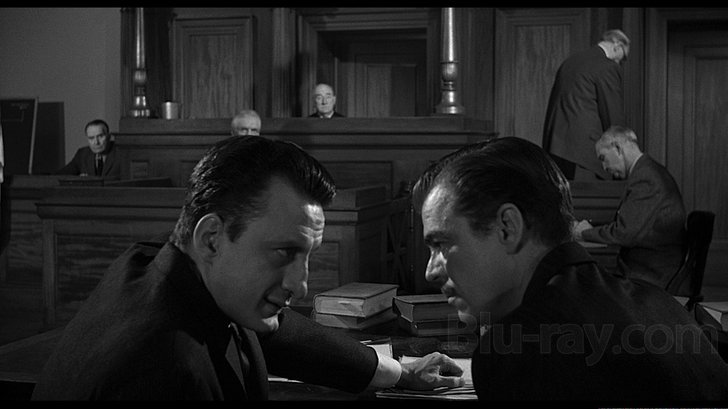From Film Comment (July-August 1976). In some respects, I think this may be the best of all my many Journals for Film Comment, but for my readers who feel that my work is sometimes (or often) marred or even ruined by my strident tone, it may also be legitimately regarded as my worst. Among other negative consequences, Truffaut read my comments about THE STORY OF ADELE H. and wrote me an angry letter about them (which can be accessed, along with my response to it, on this site), I suspect (without actually knowing) that my passing comment about Pauline Kael may have sabotaged any hopes I’d had about ever becoming friends with her, and my friend (at the time) Gilbert Adair, cited just before the end of this piece, was furious about the over-the-top way I expressed my displeasure with Charles Barr in Movie. For better and for worse, I think this shows my writing at its most intense. -– J.R.
March 25 (London): A KING IN NEW YORK.Even on a Steenbeck, Chaplin’s penultimate feature and last extended performance has such a naked power of embarrassment and assault that one can see right away why so many have recoiled from it. Read more
From the Chicago Reader (July 8, 1995). — J.R.


This 1959 release is a prime contender for Otto Preminger’s greatest film — a superb courtroom drama packed with humor and character that shows every actor at his or her best. James Stewart plays a small-town Michigan lawyer asked to defend an army lieutenant (Ben Gazzara) on a charge of murdering a local businessman who allegedly raped his flirtatious wife (Lee Remick); Boston lawyer Joseph Welch (of the army-McCarthy hearings), in his only screen performance, plays the judge; and George C. Scott is a lawyer working for the prosecution. There are also wonderful performances by Arthur O’Connell and Eve Arden, and even a cameo by Duke Ellington, who composed the memorable jazz score. As an entertaining look at legal process, this is spellbinding, infused by an ambiguity about human personality and motivation that is Preminger’s trademark, and the location shooting is superb. Adapted by Wendell Mayes from Robert Travers’s novel. 161 min.

 Read more
Read more
Written for The Unquiet American: Transgressive Comedies from the U.S., a catalogue/ collection put together to accompany a film series at the Austrian Filmmuseum and the Viennale in Autumn 2009. — J.R.

On the Riviera, an American multimillionaire (Gary
Cooper) with many ex-wives meets and romances the
daughter (Claudette Colbert) of a ruined Marquis
(Edward Everett Horton) and proposes marriage;
after she accepts, she learns about his former wives
and refuses to consummate their marriage, baiting
him with a string of pretended infidelities (including
one with a very young David Niven). This is an uncharacteristic
comedy of Ernst Lubitsch by virtue of its relative cruelty
and unpleasantness, both of which seem ascribable in
part to the writing team of Charles Brackett and Billy Wilder
-– who would later show similar traits in their scripts for
such noncomic films as The Lost Weekend (1945) and
Sunset Boulevard (1950) -– adapting here a not-very-
well-known French farce by Alfred Savoir, La huitième
femme de Barbe-Bleue. Paradoxically, 34 years later,
working with I.A.L. Diamond, Wilder would remember certain
aspects of this film -– above all, the depiction of an
obnoxious and wealthy American abroad and a tense
romantic dialogue conducted on a float in the Mediterranean
— in the much sweeter and clearly Lubitsch-inspired
Avanti! Read more





